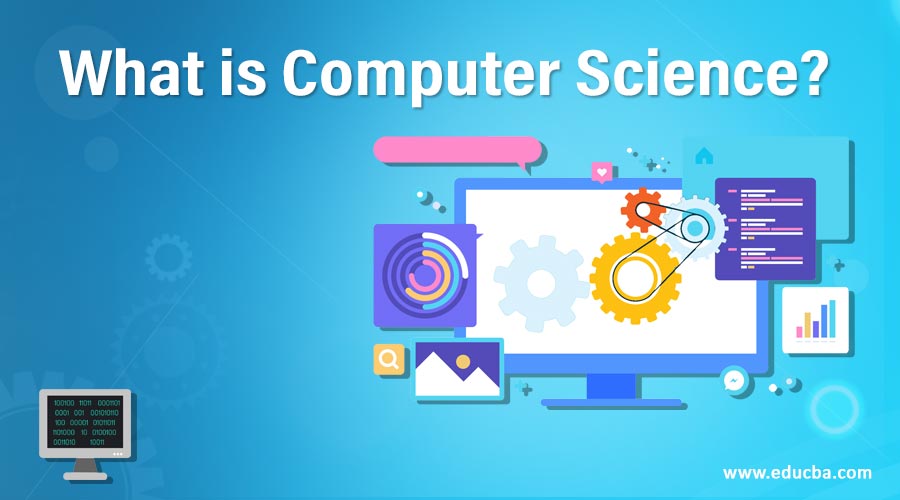 Callback Us
Callback Us
Head Office- Bhogpur, P.O.-Bhogpur Chariali, First Floor, Near AGV Bank, Dist- Lakhimpur, AS, India, Pin- 787033
**The Evolution of Quantum Computing: A New Era in Computer Science**
In recent years, quantum computing has emerged as one of the most exciting and transformative fields within computer science. Unlike classical computers, which process information in bits (0s and 1s), quantum computers use quantum bits, or qubits. Qubits leverage the principles of quantum mechanics, particularly superposition and entanglement, to perform computations at speeds exponentially faster than today’s most powerful supercomputers.
**Superposition and Entanglement: The Quantum Advantage**
At the heart of quantum computing lies the concept of superposition. A classical bit can be either a 0 or a 1, but a qubit can be both simultaneously, thanks to superposition. This property allows quantum computers to explore multiple solutions to a problem at once. Entanglement, another quantum phenomenon, further enhances this capability. When qubits become entangled, the state of one qubit instantaneously affects the state of another, no matter the distance between them. This interconnectedness allows quantum computers to process complex information with unparalleled efficiency.
**Real-World Applications and Challenges**
Quantum computing holds immense potential across various fields. In cryptography, it promises to break traditional encryption methods, leading to the development of quantum-resistant cryptographic algorithms. In pharmaceuticals, quantum computers can simulate molecular interactions at an atomic level, accelerating drug discovery and development. Financial modeling, climate forecasting, and optimization problems across industries could also benefit significantly from quantum computing’s capabilities.
However, realizing this potential comes with significant challenges. Quantum systems are highly susceptible to errors due to decoherence, where qubits lose their quantum state through interaction with the environment. Building and maintaining a stable quantum computer requires extremely low temperatures and isolated environments, making current quantum computers expensive and difficult to scale.
**Recent Advances and the Future**
Despite these challenges, recent advancements in quantum computing have been remarkable. Companies like IBM, Google, and startups like Rigetti and IonQ have made significant strides in developing quantum hardware and software. In 2019, Google announced that its quantum processor, Sycamore, had achieved quantum supremacy by performing a computation in 200 seconds that would take the world’s fastest supercomputer 10,000 years.
Looking ahead, the integration of quantum and classical computing, known as hybrid computing, is a promising approach. Hybrid systems leverage the strengths of both paradigms, using quantum processors for specific tasks while relying on classical processors for others. This approach could bridge the gap until fully functional, error-corrected quantum computers become a reality.
In conclusion, quantum computing represents a monumental leap in computer science, offering solutions to problems previously thought unsolvable. While challenges remain, the rapid progress in this field suggests that we are on the brink of a new era, one where the boundaries of computational possibilities are redefined.

Mouse Discover
| View: 211 | 11 months ago |
### The Evolution and Impact of the Computer Mouse
The computer mouse, a small device that fits comfortably in your hand, has revolutionized the way we interact with computers. From its inception in the 1960s to its modern-day iterations, the mouse has undergone significant transformations, becoming an indispensable tool for both
Read More









